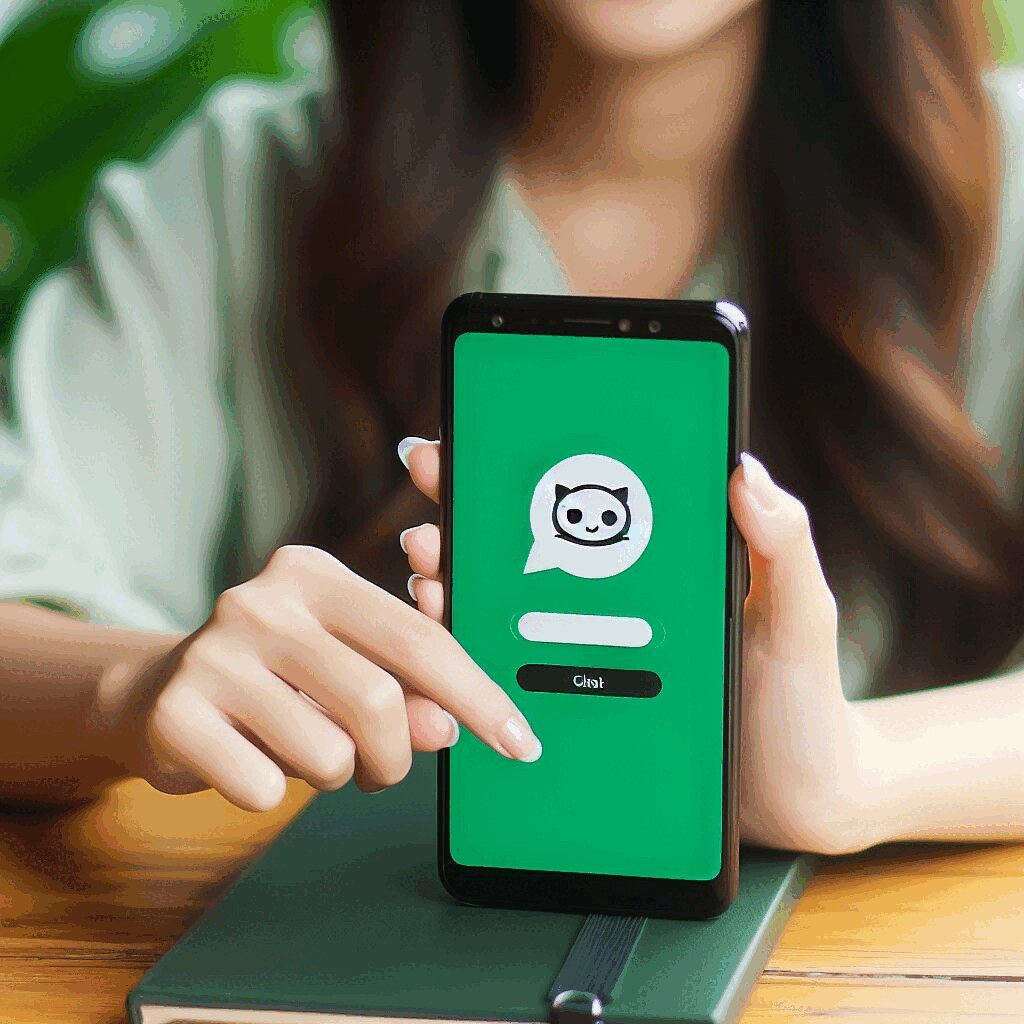A Hypocrite’s Guide to Curing Procrastination
Might be news to you, but there’s a hot new virus in town. The trendiest illness floating around is…procrastination! It’s puzzling – – the disease seems to be totally illogical and possibly contagious, but no one takes time off from school when they start to feel it. The worst thing is there’s no one to tell the public how to protect themselves, so sick people just keep on going while the disease festers. Admittedly, I’ve been afflicted myself, but now, my mission is to get the antidote out before the situation becomes a low-level epidemic.
Procrastination is a choice. It’s choosing the safer option: a threatening essay due in a week or familiar, innocuous TikTok. That essay will start to feel more and more dangerous the closer it gets to the deadline, until you finally face your fears and get it done (though by now it might be too late). TikTok, or whatever crazy application students entertain themselves with, may seem like a snug option, but it’s deceptive. The weight of what you really sought to accomplish doesn’t disappear when you avoid it. Like a mystery rash, it’s fine to feign ignorance, but that won’t stop you from brooding over its looming existence. Really, the trivial pleasures of your phone will do nothing to quell your underlying anxieties about the beefy task at hand.
There are a couple of easy fixes:
- Regularly and strategically “lose” your phone. Have your friends hide it for fun.
- Go into a public environment that’s slightly out of your league coolness-wise to do work. For me, the library works, and while I’m trying to blend in, I’m forced to avoid using my phone or face the risk of getting seen as a cyber-dweeb.
- If you have multiple assignments, pretend the hot new app came out (secretly, it’s just your math homework), so now, the options you’re choosing between are both productive. Also, they tend to both automatically become less intimidating.
- If you are planning on getting on bad terms with someone, try to create a strong mental bond between them and your most time-consuming app. Then have the fight, and develop resentment over the app because it’s linked in your mind to their essence.
There are plenty of things to procrastinate over (like writing this article, ironically), but luckily, the homework experience isn’t new. There are hundreds of tests, essays, and miscellaneous assignments you’ve beaten before. You can trust bus drivers because they’ve done their six hours, gotten their license, and gone through bus driving training. Similarly, students build up familiarity with the road of OnCourse from year after year of nightly homework. These students are proficient imaginary drivers, or at least they probably know some of the rules of the road. What’s another day of truckin’ kids to school with all that experience?
Another perspective issue that leads to procrastination is the internal dissociation between the present and future self. If these two figures are separated, it’s easy to associate goals and aspirations with the future self, and leave the present version to fret over the avoidance of easily-achievable tasks. In reality, though, these figures are intertwined. The present self has wasted four hours on Instagram. How is the future self supposed to be finished sewing a lamb cape and making a wacky short film? None of the future self’s goals are Instagram based. Are the two selves really helping each other out or is one guy pulling the team down? Let’s get the “now guy” working with the “future guy” in mind.
Most of the fight is about tricking your brain into working with you. Most personal success with defeating invisible problems comes from inventing outlandish workarounds that change your perspective. So if you hear procrastination a-knockin, hopefully you’ve got some tips to courteously send him on his way.
Iris is a Junior writer for the Bulldog Reporter. Outside of Newspaper club, Iris is interested in writing, filming, editing and producing short films,...


























